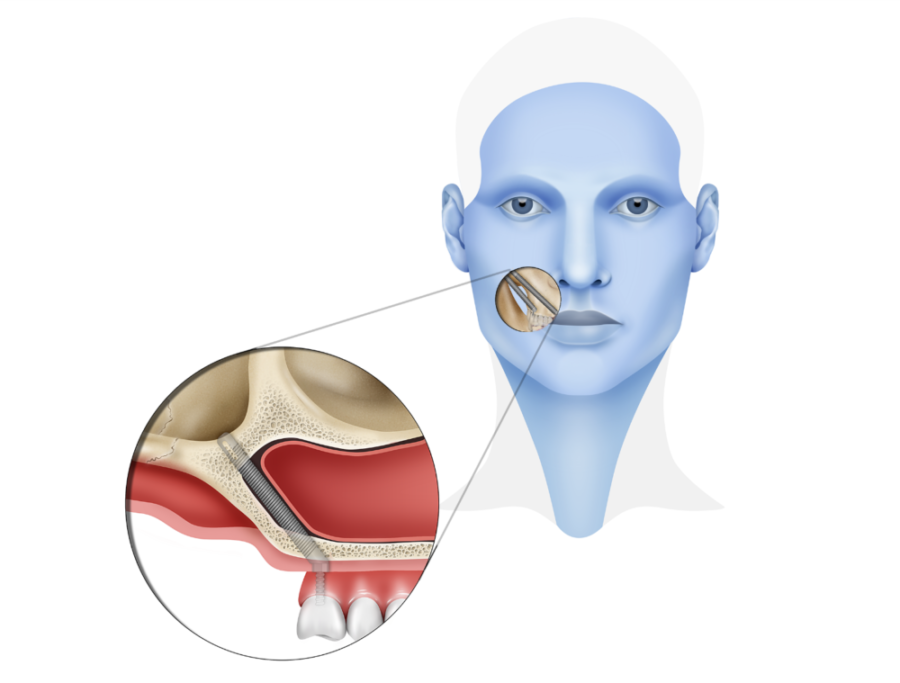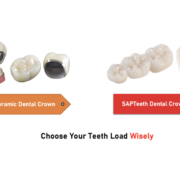The zygomatic arch, also known as the cheek bone, is an essential structure of the human face. Although more prominent in females than males due to its high prominence and pronounced curves on the left and right side, it also plays a key role in male facial appearance. Zygomatic dental implants manufactured prosthetic devices inserted beneath the surface of the skin in order to correct a sunken or deficient zygomatic arch. This article will review things you probably didn’t know about Zygoma implants
What is a Zygomatic Implant?
An artificial device used for reconstructive or cosmetic purposes. It comprised of a metal rod that inserted into the zygomatic arch, a bony projection of the cheekbones, with a post at one end that fitted onto a screw inserted into the nasal bones. These implants manufactured with different types of materials such as titanium or alloys. The zygomatic arch often referred to as the cheekbone and is essential for facial aesthetics. Zygoma Dental implants also commonly used to reconstruct lost zygomatic arches that occur after a facial injury or due to a medical condition, including less bone.

There are 2 Types of Zygomatic Dental Implants:
There are two main types: unilateral (single-sided) and bilateral (double-sided). Both types inserted zygomatic arch of the cheekbone through a craniotomy (cutting of the skull), although bilateral zygomatic implants are also sometimes placed via an endoscopic (via a small incision) approach. Unilateral zygomatic implants one-sided and used predominantly in female patients. Bilateral ones, on the other hand, are double-sided and are used in male patients. Unilateral ones are used in patients whose cheekbones are intact, whereas bilateral zygomatic implants are used in patients whose cheekbones are absent or non-existent.
Why are dental implants used for missing teeth?
Zygomatic implants used to correct missing teeth in less or weak bone. It is a known fact that tooth loss is an issue that affects several aspects of your life. Missing teeth makes even simple tasks, such as eating or speaking; quite challenging. The aesthetics of your smile affected. Under the gum line, the jawbone begins to grow weak. The cascading effect of this is that over time, the bone changes shape, and eventually affects the shape and appearance of your face. There are two main varieties of implant.

Risks Associated with Zygomatic Dental Implants?
As with any surgical procedure, various risks associated with zygomatic implants. These risks include infection, bleeding, blood clots, and a reaction to the implant material, among others. Infection one of the most common risks associated with any surgical procedure treated with antibiotics. Bleeding usually stops on its own or with mild incisional treatment. Blood clots treated with medication. In addition, there is some risk that the implant may not remain in place or function as intended. These risks, as well as others, be discussed with your dental surgeon prior to your surgery.
How much do the Zygomatic Implants Cost?
The cost of varies depending on the type of implant and the surgeon performing the procedure. While costs may vary, zygoma implants typically cost between $2,500 and $5,500. Keep in mind that the cost of zygomatic implants does not end after the surgery. If a bilateral zygomatic implant used, oral care required for the rest of your life. This includes the use of special brushes and taking an antibiotic every day. If bilateral zygomatic implants used, it is important to note that the implants usually covered by health insurance. However, it is essential to check with your insurance provider regarding coverage beforehand, as not all insurance providers cover this type of procedure.
Conclusion
Zygomatic Implants also used cosmetically in patients with a deficient or sunken cheekbone. It is important to note that although zygomatic implants are a viable treatment option, they are not appropriate for every patient. Your surgeon will help you determine if these are right for you. In addition, it is important to keep in mind that these implants do not treat the underlying cause of a deficient or sunken zygomatic arch, such as facial trauma or a non-surgical procedure, but rather only correct the appearance of the arch.
Follow Us For More Updates





